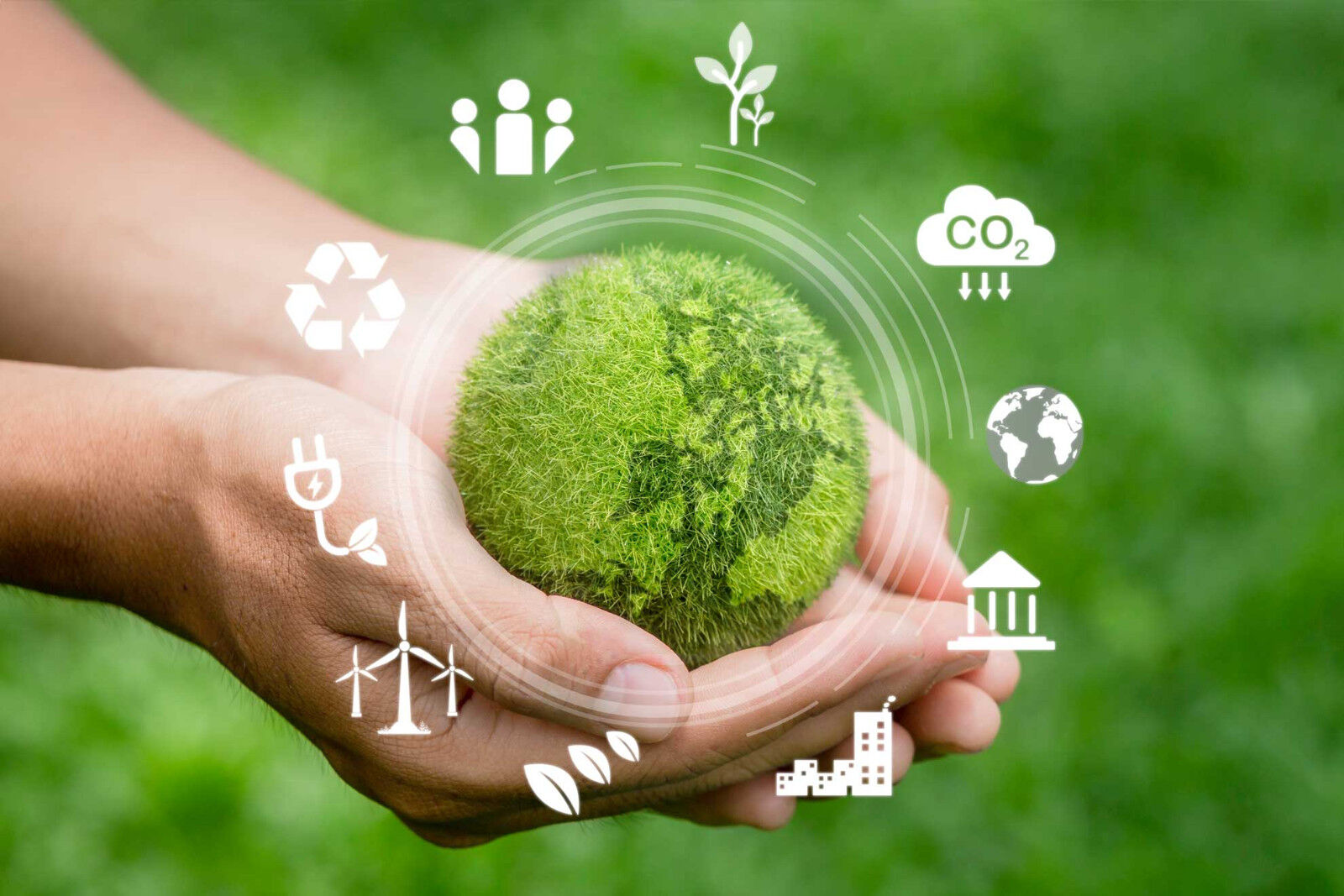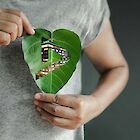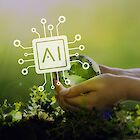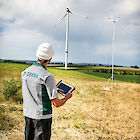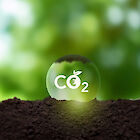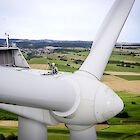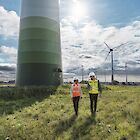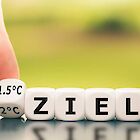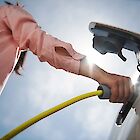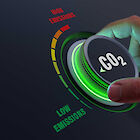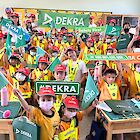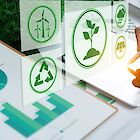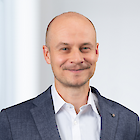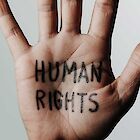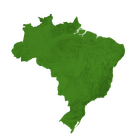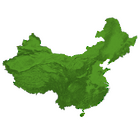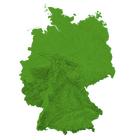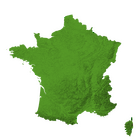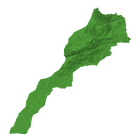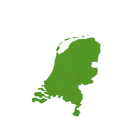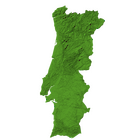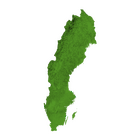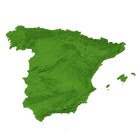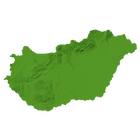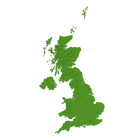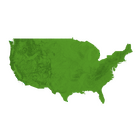High added value
for economy and society
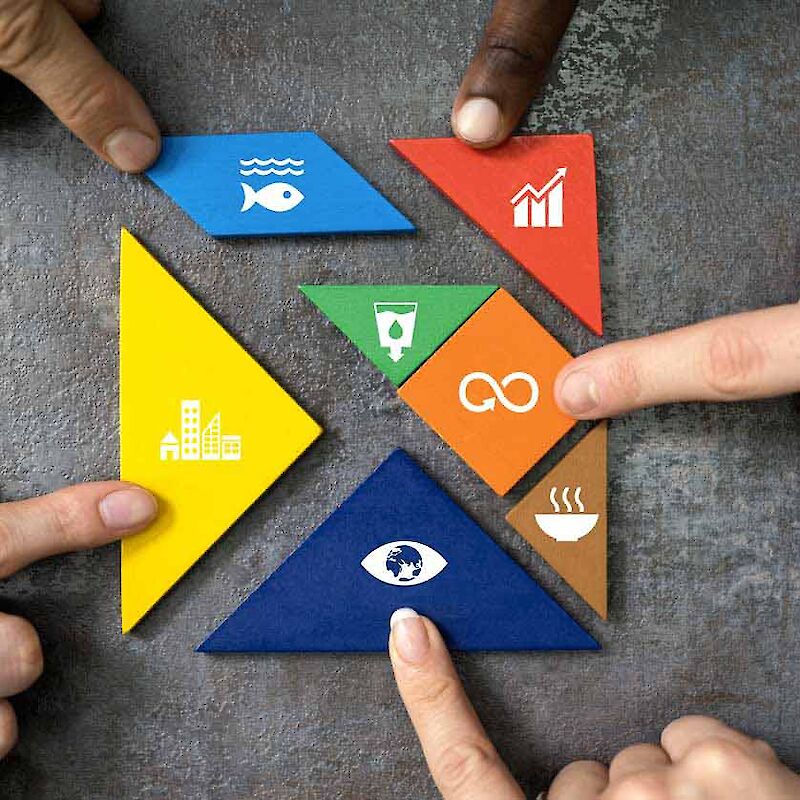
“Inequalities keep growing. The climate crisis continues to escalate. Biodiversity loss is accelerating. Progress towards gender equality remains disappointing.” In his foreword to the “Sustainable Development Goals Report 2024” presented in New York at the end of June 2024, António Guterres, Secretary-General of the United Nations, expressed little enthusiasm for the latest global progress made in terms of sustainability. The latest United Nations report makes it clear that only 17% of the goals are on track. Almost half show only minimal or moderate progress, while progress has stalled or even regressed for more than a third. It is therefore more urgent than ever to work together more closely and effectively at international level. “We must not let up on our 2030 promise to end poverty, protect the planet and leave no one behind.”, said António Guterres.
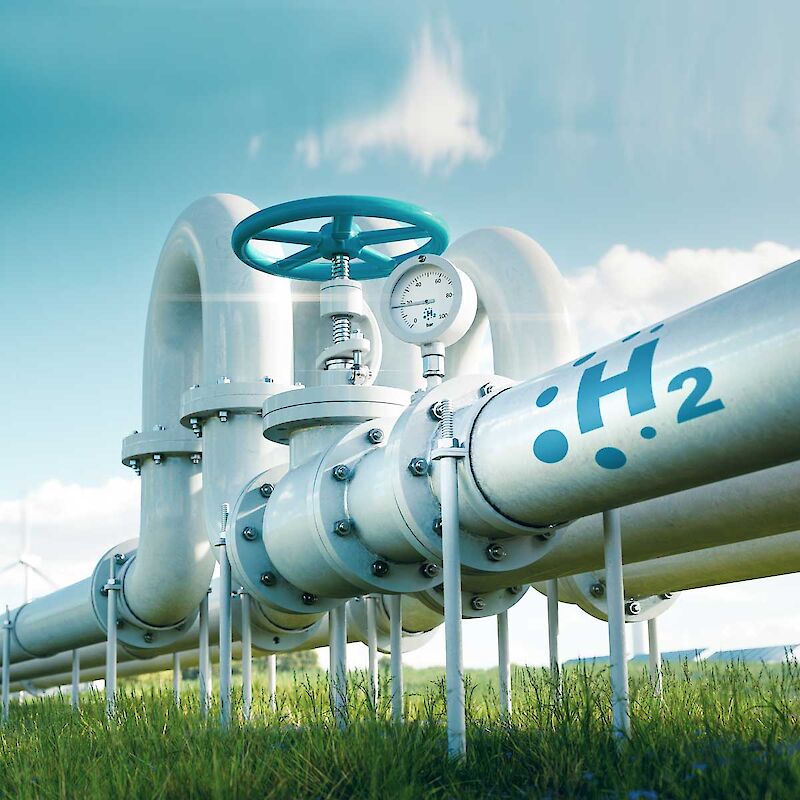
The unanimous tenor of the first Hamburg Sustainability Conference at the beginning of October 2024 with around 1,600 participants from around 100 countries was that there is still a lot to do in these areas. At the end of the conference, at which DEKRA was also present, 15 concrete agreements were reached - for example on the sustainable production of batteries, climate-neutral aviation and shipping and the market ramp-up of green hydrogen. A new platform is also intended to facilitate sustainable investments by major investors such as insurance companies and funds in Africa, Asia and Latin America. In addition, the United Nations Development Program and the German Federal Ministry for Economic Cooperation and Development have presented principles for the responsible use of artificial intelligence to promote sustainable development. According to these principles, people in the “Global South” should have equal access to digital technologies and be able to help shape them.
Harmonizing environment, economy and society
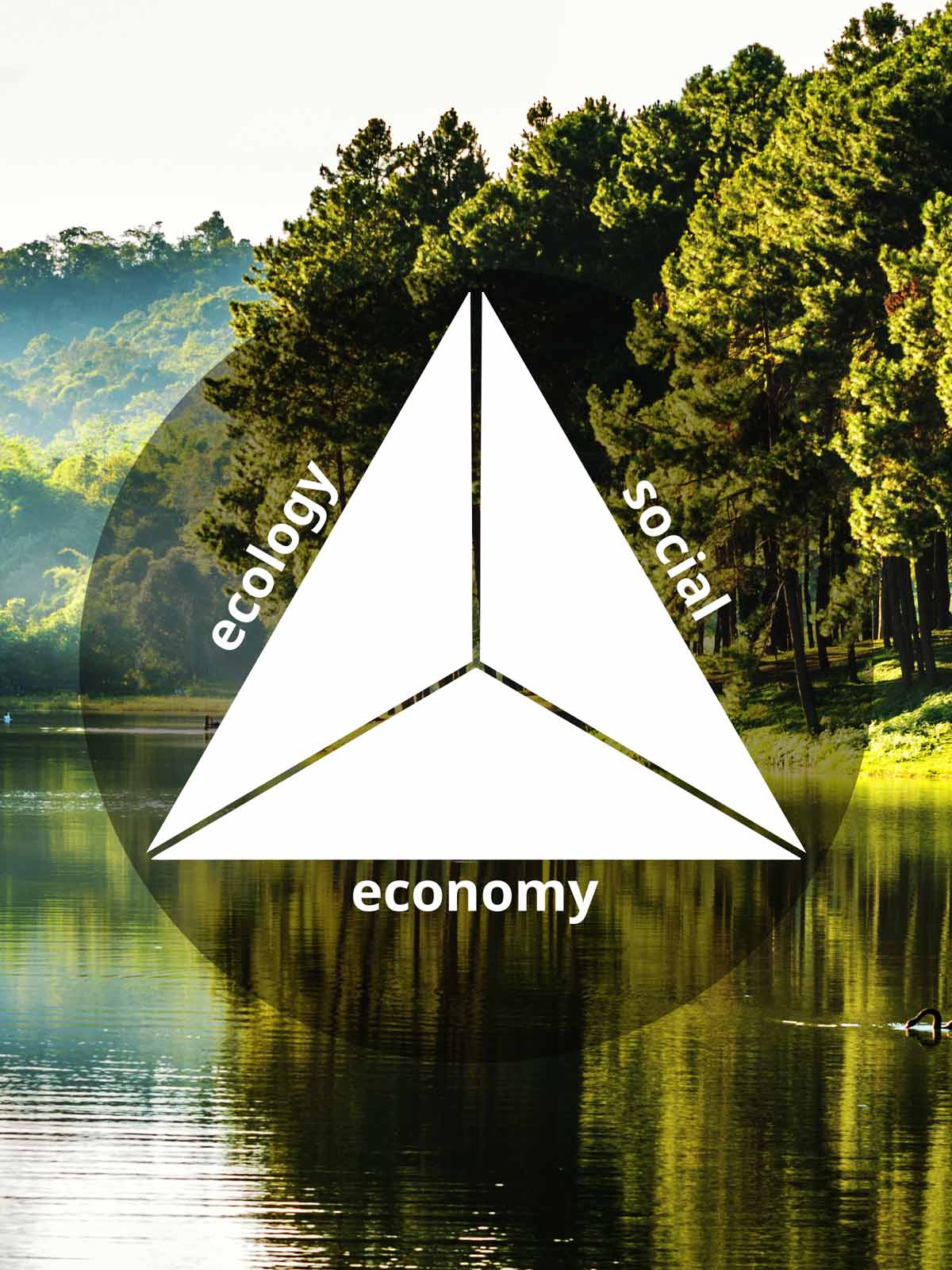
The fact is that the demand to think and act as sustainably as possible now shapes almost every area of our lives. This applies to mobility with lower emissions of pollutants and noise, the increased use of renewable energies and ecological production and delivery processes, as well as to employee qualifications and equal opportunities or responsible and resource-conserving consumption, to name just a few aspects.
The broad spectrum of the sustainability triangle of environment, economy and society is also reflected in the United Nations SDGs mentioned at the beginning. The targets formulated therein not only require governments, but also civil society, the private sector and the scientific community to significantly step up their efforts to create a more sustainable world.
In addition, there are many other initiatives and legislative measures, such as the “Green Deal” adopted by the EU Parliament in 2021 to promote the more efficient use of resources in order to become climate-neutral by 2050. Another example is the Corporate Sustainability Due Diligence Directive, which came into force in the EU at the end of July 2024 and obliges companies to implement certain due diligence obligations in order to avoid negative impacts of their business activities on human rights and the environment in their supply chains within and outside Europe.
